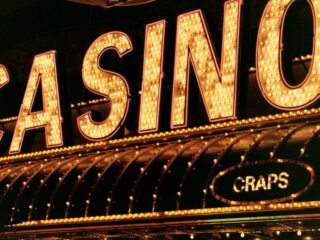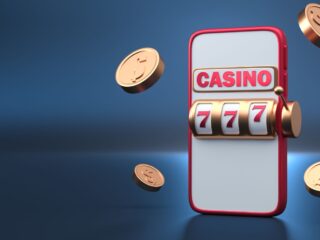
Keno and lottery games have coexisted for decades as popular gambling pastimes, but they each come with their own sets of pros and cons. When looking strictly at the odds and payouts, some clear differences emerge that point to which game tends to be more favorable to players seeking the best chance to win money prizes.
How Keno and Lottery Work
To compare keno and lottery games fairly, it’s important first to understand broadly how each game works.
Keno
- Players pick up to 10 or 15 numbers ranging from 1 to 80 on a keno card.
- 20 numbers are then drawn randomly by the game system.
- Payouts are based on how many of the player’s picked numbers match the drawn numbers. The more matches, the higher the prize.
Lottery
- Lottery games come in many forms, but most are centered around picking a set of numbers and matching some or all to numbered balls randomly drawn by the lottery.
- Prizes are pari-mutuel, meaning the payouts fluctuate based on the number of winners and the total money wagered. Matching more numbers nets you a higher prize.
Now that we’ve covered the basics, let’s analyze some key comparison points in online casinos like QuatroCasino.
House Edge Favors Keno
The house edge represents how much the game operator expects to profit long-term. A higher house edge is worse for players’ odds and payout potential.
- Keno house edge – Between 25%-30%
- Lottery house edge – Around 50%, but can vary based on game and jurisdiction
With about half the house edge of lotteries, keno offers better odds over many plays. But there’s more to consider.
Payout Percentages
Beyond the house edge, we need to look at payout rates – what percentage of the total money wagered is paid back out to players as winnings.
- Keno payout – 75% to 80%
- Lottery payout – Typically 50%, but ranges from 40% to as high as 80%

Keno rewards winners with a higher percentage of the pot. But lottery prizes are often considerably larger for matching more numbers. Let’s quantify the odds of winning.
Chances of Hitting a Big Win
The table below shows the extreme long shot odds of hitting the top prize in both keno and a major national lottery game:
| Game | Odds of Winning Top Prize |
| Keno | 1 in 8.1 million |
| Powerball Lottery | 1 in 292.2 million |
The odds of winning Powerball’s jackpot prize dwarfs even keno’s long odds. But for smaller prizes:
- The odds of winning any keno prize are generally 1 in 7
- The odds of winning any lottery prize tend to fall between 1 in 50 to 1 in 500+
So, which game has better odds overall? While lottery jackpots leave keno prizes in the dust, keno offers significantly better odds of winning smaller prizes consistently. Playing strategically with cards and systems can further improve keno odds.
Game Speed and Jackpots
There are a few other points of comparison between keno and lotteries:
- Keno draws happen more frequently – every 5 minutes in live games
- Lottery jackpot prizes continue growing until there’s a winner
- Some keno variants have higher payouts than classic keno
Keno Offers Better Odds
When evaluating everything, Keno emerges as the gambling game that gives players the best statistical chances to win consistent payouts over time. Lotteries offer life-changing jackpot potential but very long odds. Ultimately, it comes down to personal preferences and bankroll management. But understanding these key differences allows players to make an informed choice.

While lottery jackpots capture imaginations with multi-million dollar top prizes, keno’s lower house edge, more frequent drawings and better odds for smaller wins make it the better option for players focused strictly on winning consistency. Lotteries tempt with big headline jackpots, but keno offers superior probability.






